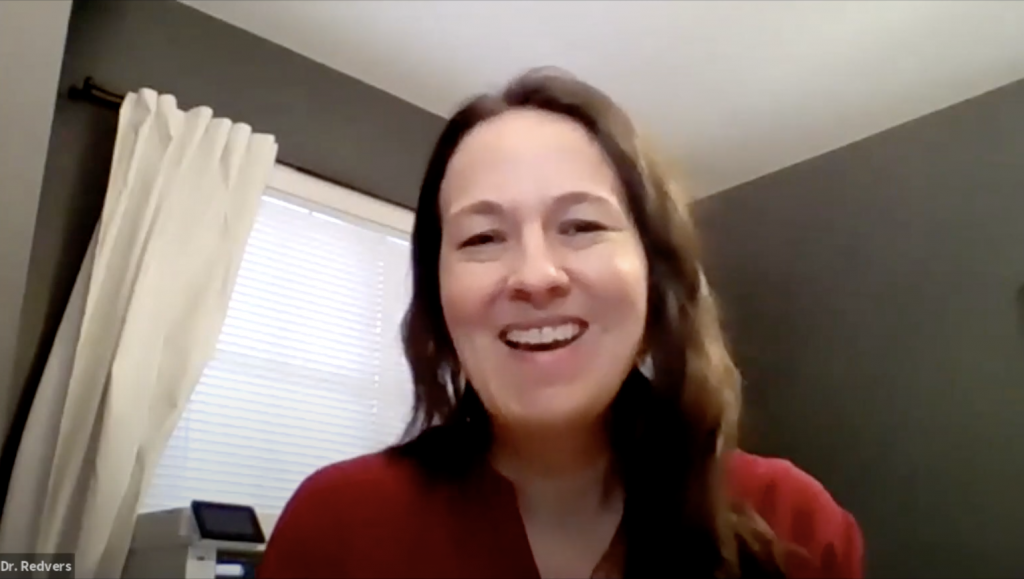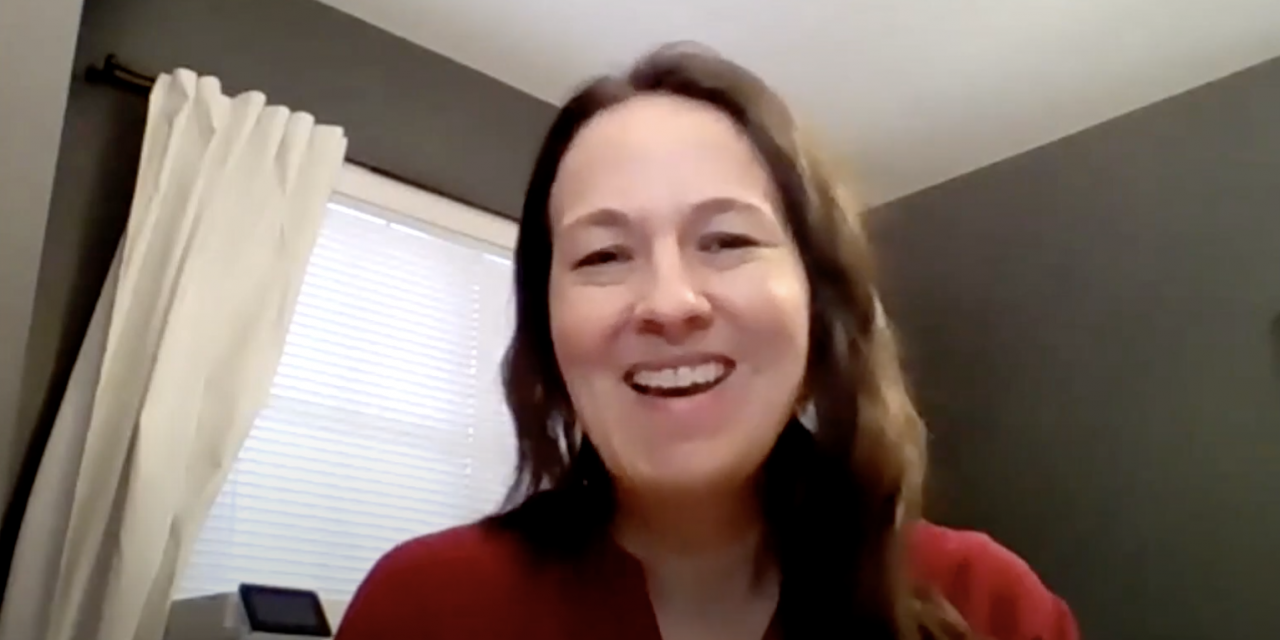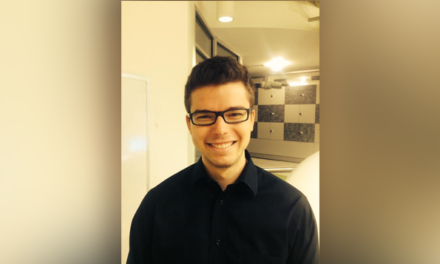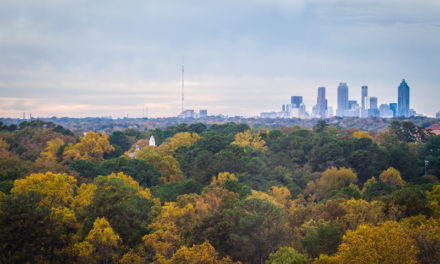Assistant Professor of Family and Community Medicine at the University of North Dakota Nicole Redvers gave a presentation and answered community questions on Indigenous practices and research in public health in a webinar on April 7. The Native American and Indigenous Student Initiative and the Rollins School of Public Health sponsored the event, hosting 135 attendees.
A member of Deninu K’ue First Nation, Redvers credited her knowledge of Indigenous research and views on health to the extensive history of her tribe.
Redvers explained how Indigenous methods of research, specifically when it comes to public health, are informed by “sacred natural laws” which define “traditional protocol.” She said this gives a “framework for both old world and modern world ways of knowing.”

Assistant Professor of Family and Community Medicine at the University of North Dakota Nicole Redvers speaks about Indigenous practices and research in public health in a webinar on April 7.
The long history of general health research has been tainted with inequity towards Indigenous people, according to Redvers. She said that the “taking away” of things that are sacred to Indigenous people has for many years characterized Indigenous health research.
She believes the solution to this long history of neglect is through the empowerment of Indigenous researchers and from the support of strong allies.
“A decolonizing approach really does require a power shift in research relations and is embedded in a social justice perspective,” Redvers said. “It entails the privileging and amplification of Indigenous voices in epistemologies or ways of knowing in all collaborative research endeavors … We need more Indigenous-rooted programs that target Indigenous-specific health indicators defined and implemented by Indigenous peoples.”
Redvers also emphasized the need for Indigenous allies to “amplify and uplift Indigenous voices.”
She mentioned her experience as the co-founder and chair of the Arctic Indigenous Wellness Foundation, a healing center which uses Indigenous healing methods to decrease the high rates of substance abuse and other negative consequences caused by social disparities initiated by colonization.
“It is a somewhat innovative approach to health and wellness intervention that uses the land specifically as a healing place promoting protective factors identified in the literature as enhancing Indigenous well-being,” Redvers said.
Redvers encouraged Indigenous students who find themselves struggling with being the only Indigenous person in their class or friend group to find organizations with other Indigenous peoples.
“Never question who you are,” Redvers said. “Never question your strength and your resilience. Your ancestors are with you throughout that journey.”






